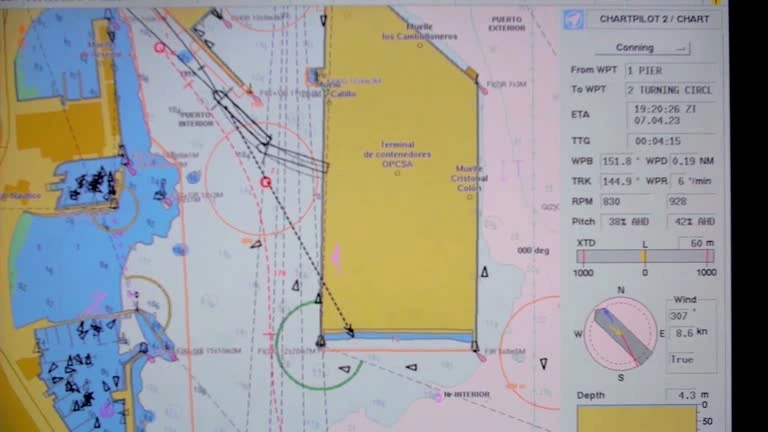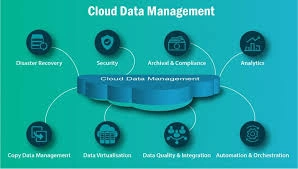Course Overview
This course provides a comprehensive introduction to geospatial data analysis using QGIS, a powerful open-source Geographic Information System (GIS) software. Participants will learn to effectively manage, analyze, and visualize spatial data, leveraging QGIS’s wide range of tools. The course covers essential GIS concepts, spatial data processing techniques, and advanced analysis methods. By the end of the course, participants will be equipped with the skills to handle geospatial data projects from start to finish, making informed decisions in various fields such as urban planning, environmental management, and resource allocation.
Course Duration
10 Days
Who Should Attend
- GIS professionals and technicians
- Urban planners and environmental scientists
- Data analysts and researchers working with spatial data
- Professionals in government agencies and NGOs involved in spatial data management
- Academics and students interested in geospatial data analysis
Course Objectives
By the end of this course, participants will be able to:
- Understand the fundamental concepts and principles of GIS and spatial data analysis.
- Gain proficiency in using QGIS for geospatial data management, analysis, and visualization.
- Learn to perform spatial data processing and transformation techniques.
- Develop skills in analyzing spatial relationships and patterns using QGIS tools.
- Explore advanced geospatial analysis techniques, including raster and vector analysis.
- Create high-quality maps and visual representations of geospatial data.
- Apply geospatial analysis in various sectors, including urban planning, environmental management, and resource allocation.
- Master data import, export, and conversion techniques within QGIS.
- Enhance problem-solving skills by working on real-world geospatial data projects.
- Learn to automate geospatial analysis workflows using QGIS plugins and Python scripting.
Course Outline:
Module 1: Introduction to Geospatial Data and QGIS
- Geographic information systems (GIS) overview
- Spatial data types (vector, raster)
- Coordinate systems and projections
- QGIS interface and basic functionalities
Module 2: Data Acquisition and Management
- Data sources (shapefiles, GeoJSON, raster, databases)
- Data importing and exporting
- Georeferencing and data quality assessment
- Creating and editing geospatial data
Module 3: Data Exploration and Visualization
- Spatial data exploration techniques (attribute tables, spatial queries)
- Creating thematic maps (choropleth, graduated symbol, point density)
- Map composition and layout design
Module 4: Spatial Analysis Techniques
- Buffering, overlay, and intersection analysis
- Distance and proximity analysis
- Network analysis (shortest path, route optimization)
- Spatial interpolation and geostatistics
Module 5: Raster Data Analysis
- Raster data characteristics and formats
- Raster calculations and analysis
- Image classification and change detection
- Terrain analysis (slope, aspect, elevation)
Module 6: Geospatial Data Modeling
- Spatial databases and data structures
- Geometric relationships and topological data models
- Spatial data modeling for specific applications
Module 7: Spatial Statistics
- Spatial autocorrelation and spatial patterns
- Point pattern analysis
- Geographically weighted regression (GWR)
Module 8: Geoprocessing and Automation
- QGIS processing toolbox
- ModelBuilder for automating workflows
- Scripting with Python for advanced analysis
Module 9: Web Mapping and GIS Applications
- Introduction to web mapping and GIS services
- Creating interactive maps with QGIS
- Integrating GIS with other tools and platforms
Module 10: Real-world Case Studies and Projects
- Case studies showcasing GIS applications in different fields
- Developing GIS-based solutions for real-world problems
Customized Training
This training can be tailored to your institution needs and delivered at a location of your choice upon request.
Requirements
Participants need to be proficient in English.
Training Fee
The fee covers tuition, training materials, refreshments, lunch, and study visits. Participants are responsible for their own travel, visa, insurance, and personal expenses.
Certification
A certificate from Ideal Sense & Workplace Solutions is awarded upon successful completion.
Accommodation
Accommodation can be arranged upon request. Contact via email for reservations.
Payment
Payment should be made before the training starts, with proof of payment sent to outreach@idealsense.org.
For further inquiries, please contact us on details below:






